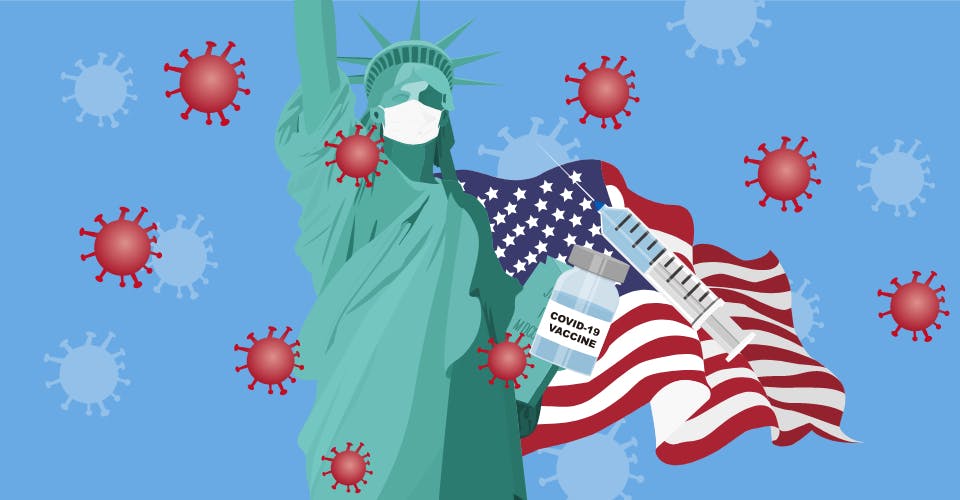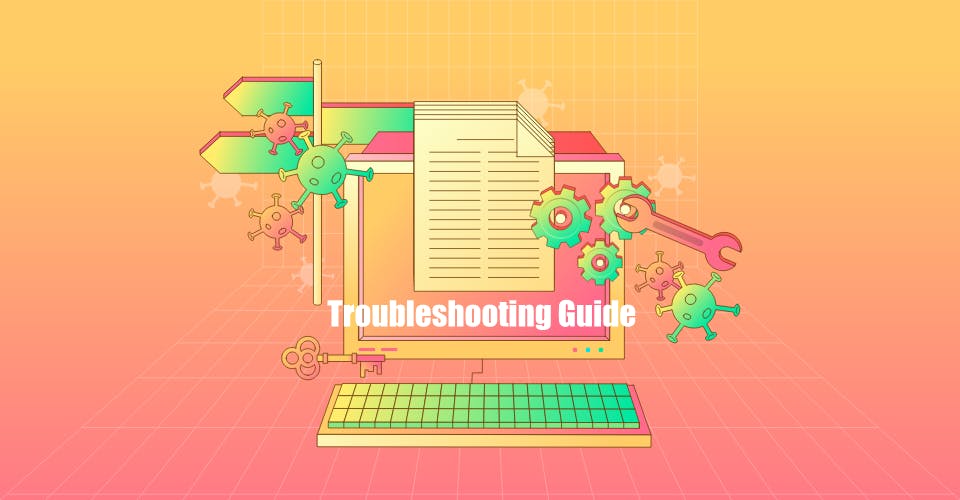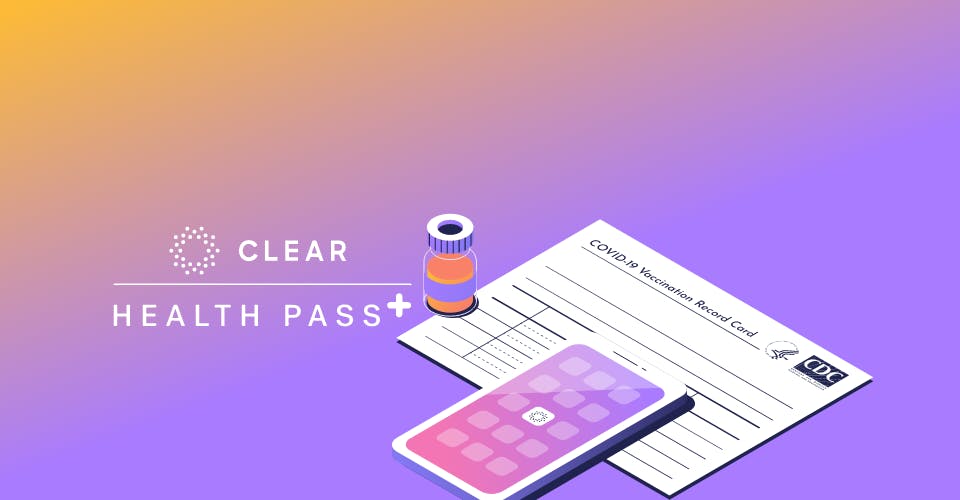Currently, there are two measures that will be under consideration for change, U.S. consular processing and immigration bans affecting the labor market. Pfizer, an American multinational pharmaceutical corporation has found a vaccine for the virus SARS Cov-2. The breakthrough is also a partnership with the German company BioNtech. So far, 94 participants out of nearly 44,000 have gotten sick with Covid-19. An independent board of experts looked at how many of those people got the vaccine, and how many got the placebo. That early analysis suggests the vaccine is over 90 percent effective. An earlier study by the Food and Drug Administration had set a bar of 50 percent efficacy for vaccine makers who wanted to submit their candidates for emergency authorization.
BioNTech's goal, in cooperation with Pfizer, is to ramp up the production of their vaccine. They hope to manufacture up to 1.3 billion doses by the end of 2021 if it receives authorization.
While it remains to be seen if the vaccine will be distributed to the public, although more than likely, the two pharmaceutical giants, or most likely Pfizer, will ask the U.S. Food and Drug Administration for emergency authorization of the vaccine starting as early as next week.
Implications for U.S. Immigration
Currently, nearly every U.S. consulate is closed except for emergency measures involving visa measures that are directly impacted by American security concerns (for example, involving active military personnel or those involved with humanitarian affairs). This has created problems for consular processing, a route that some foreigners take to adjust their status, file their I-485 forms, or for the purpose of having an I-130 Petition filed on behalf of a close relative. It generally has created large backlogs and has put applicants in a sort of limbo stage, waiting for new policy changes and the adjudication of their case.
Although the process of distributing the vaccine will take well into 2021, the implications are that with more and more vaccines delivered worldwide, embassies will start to open back up again with limited capacity. However, it should be noted that there is no policy yet as to how being vaccinated will increase one's chance of being able to access a consulate. It is more than likely a vaccination record will need to be added to one's case, which might be made possible by the USCIS, if it is included in a new medical record form option.
In addition to consular processing, a widely distributed vaccine might also affect the current Proclamation 10052, titled Proclamation Suspending Entry of Aliens Who Present a Risk to the U.S. Labor Market Following the Coronavirus Outbreak. Effective June 24, 2020, the proclamation suspended "entry into the United States of any alien seeking entry pursuant to any of the following nonimmigrant visas" until December 31, 2020, subject to section 3 of the proclamation. The State Department references H1-B visa holders in their list of suspension under Section 3.
Citizens of countries that are affected by this proclamation include:
- China
- Iran
- European Schengen Area (Countries that are not in the Schengen Area include Belarus, Albania, Armenia, Azerbaijan, Cyprus, Georgia, Bosnia & Herzegovina, Ireland, Kosovo, Romania, Russia, Ukraine, Turkey, The UK)
- Ireland and the UK
- Brazil














